The world of musical tuning has undergone a quiet revolution with the introduction of Roadie 3, an intelligent tuning system that boasts an unprecedented 99.8% recognition accuracy. This cutting-edge device is redefining how musicians, from bedroom guitarists to touring professionals, approach the often tedious task of keeping their instruments in perfect pitch. What sets Roadie 3 apart isn't just its technical specifications—though they are impressive—but how it translates complex technology into something intuitive and accessible for players of all levels.
At its core, Roadie 3 represents a significant leap forward from traditional tuners and even its own predecessors. The system combines advanced audio processing algorithms with machine learning capabilities to identify notes with near-perfect precision. This isn't about simply detecting whether a string is sharp or flat; the device understands the complex harmonics and overtones that make each instrument unique. For guitarists, this means accurate tuning across all strings regardless of playing style or string gauge, while violinists and other string players benefit from the system's ability to handle the subtle intonation requirements of fretless instruments.
The implications of such high accuracy extend far beyond convenience. In studio recording environments, where even slight tuning discrepancies can become glaringly obvious during mixing, Roadie 3 eliminates the guesswork. Session musicians report being able to achieve studio-ready tuning in seconds rather than minutes, significantly reducing setup time between takes. Orchestral players have discovered unexpected benefits too—the system's precision helps maintain consistent tuning across entire string sections, creating a more cohesive sound during performances.
What makes the 99.8% figure particularly remarkable is how Roadie 3 achieves this reliability in real-world conditions. Unlike laboratory testing environments, actual musical settings present numerous challenges: background noise, competing instruments, and the natural variations in how different players produce sound. The system's developers overcame these obstacles through an innovative combination of adaptive noise cancellation and context-aware processing. Essentially, Roadie 3 doesn't just listen—it understands what it should be listening for in any given musical context.
The user experience reflects this sophisticated technology in surprisingly simple ways. Musicians describe the tuning process as almost conversational—the device provides clear visual feedback while making adjustments, and its motorized tuning mechanism handles the physical turning of pegs with gentle precision. This hands-off approach is particularly valuable for instruments with difficult-to-reach tuning pegs or for players with physical limitations that make manual tuning challenging.
Beyond its primary function, Roadie 3 has evolved into a comprehensive tool for instrument maintenance. The companion app tracks tuning history, helping players identify instruments that won't hold pitch (indicating potential hardware issues) and even suggesting optimal string tensions based on playing style. This diagnostic capability has made it popular among luthiers and repair technicians who use the data to quickly identify instruments needing adjustment or repair.
As word spreads about Roadie 3's capabilities, its influence is expanding beyond traditional string instruments. Experimental musicians are adapting it for use with unconventional instruments, from homemade creations to ancient instruments being restored to playable condition. The system's ability to learn and adapt makes it uniquely suited for these edge cases, opening new possibilities in music preservation and innovation.
The road to 99.8% accuracy wasn't without challenges. Early prototypes struggled with certain metallic tones and extreme playing techniques. The development team addressed these issues by building an extensive database of instrument samples—not just pristine recordings, but the full range of sounds produced during normal play, including squeaks, scratches, and other artifacts that real musicians produce. This attention to real-world detail ultimately made the difference between good recognition and near-perfect accuracy.
Looking ahead, the technology behind Roadie 3 hints at even more transformative possibilities. The same audio analysis capabilities could power intelligent practice tools that provide real-time feedback on technique or automatically transcribe improvisations. Some developers are already experimenting with integrating similar technology into digital audio workstations for automatic tuning correction during recording. As these applications mature, Roadie 3 may be remembered not just as an excellent tuner, but as the beginning of a new era in how technology interacts with musical performance.
For now, musicians around the world are enjoying the immediate benefits of having a professional-grade tuning assistant that fits in their pocket. Whether it's a guitarist tuning up backstage, a parent keeping their child's violin in check between lessons, or a studio engineer ensuring perfect pitch before a crucial take, Roadie 3's combination of extreme accuracy and user-friendly design is changing expectations about what a tuning device can be. In an industry where technological advancements often come with steep learning curves, this device stands out by making the complex beautifully simple.
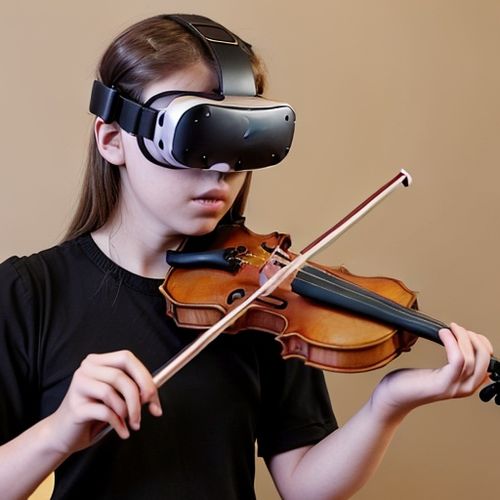
By Olivia Reed/Apr 13, 2025

By William Miller/Apr 13, 2025

By Amanda Phillips/Apr 13, 2025
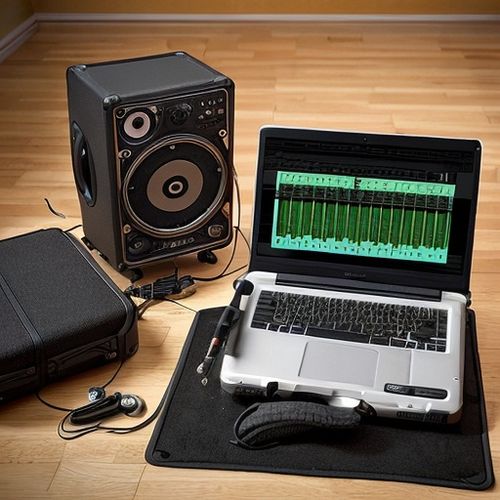
By Megan Clark/Apr 13, 2025

By Joshua Howard/Apr 13, 2025
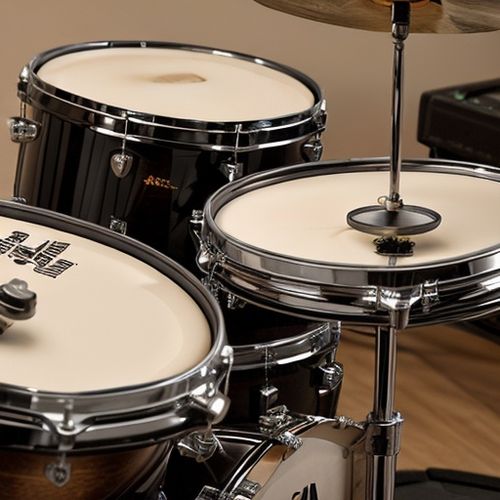
By Samuel Cooper/Apr 13, 2025

By Elizabeth Taylor/Apr 13, 2025

By Eric Ward/Apr 13, 2025

By Emma Thompson/Apr 13, 2025
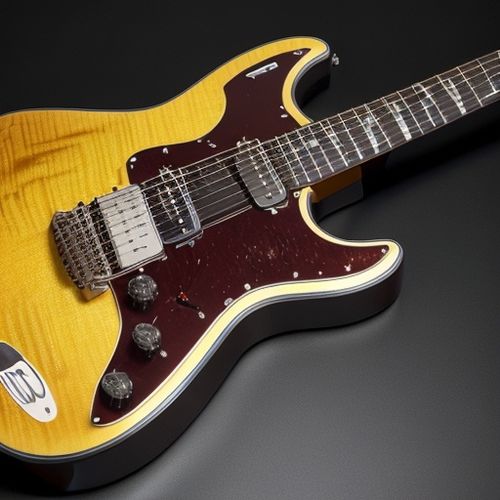
By Noah Bell/Apr 13, 2025

By Sarah Davis/Apr 13, 2025
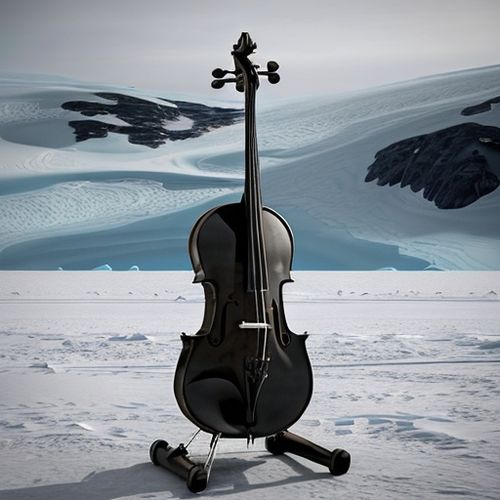
By Eric Ward/Apr 13, 2025

By Daniel Scott/Apr 13, 2025
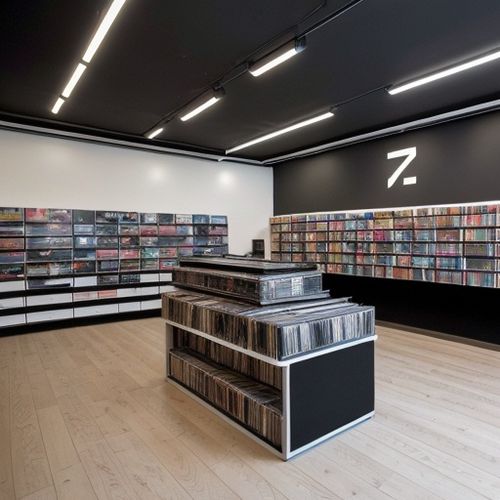
By Benjamin Evans/Apr 13, 2025

By Elizabeth Taylor/Apr 13, 2025

By Grace Cox/Apr 13, 2025
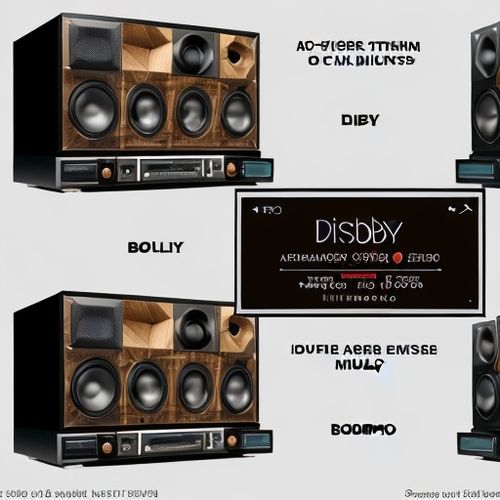
By Megan Clark/Apr 13, 2025

By Benjamin Evans/Apr 13, 2025

By Thomas Roberts/Apr 13, 2025

By Sarah Davis/Apr 13, 2025